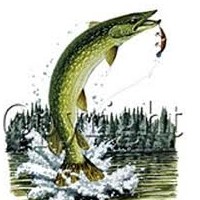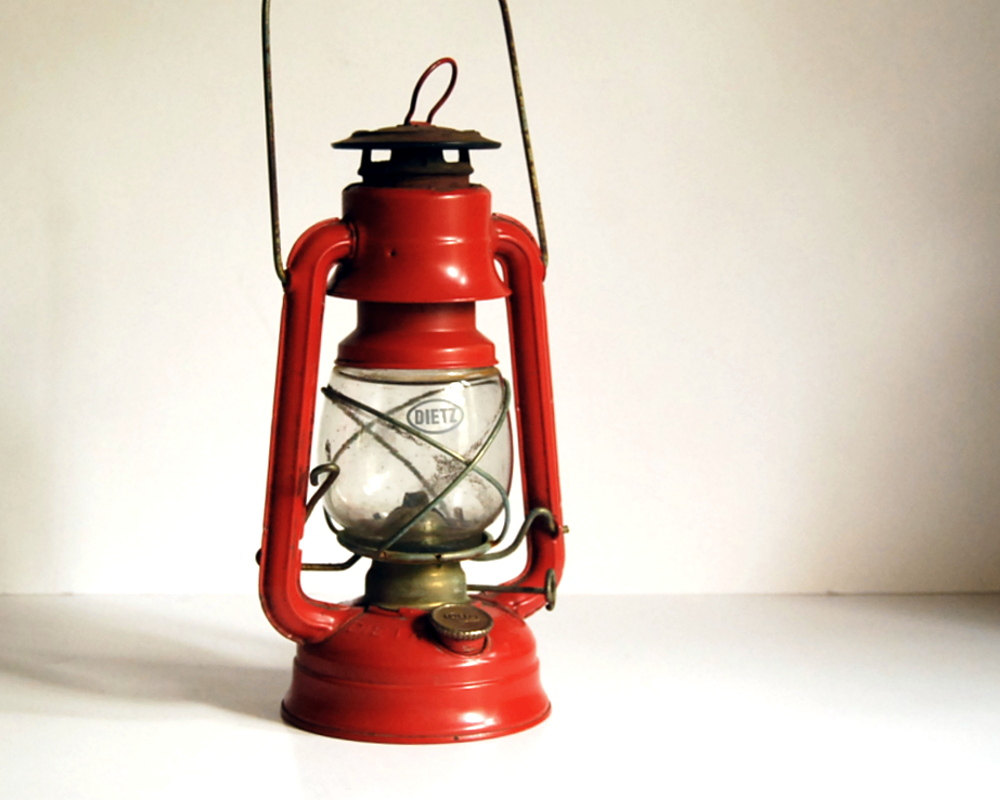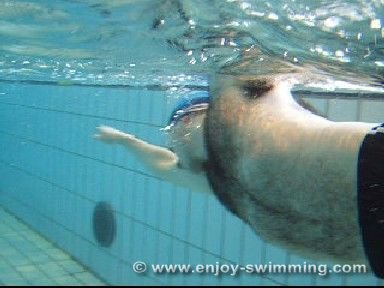boating safety
Question
I just purchased a used 20' bass boat. Can you give me some advice on safety? I am not sure exactly what to bring with me.
Thank you,
Jeff
Answer
Jeff; It would help a great deal to know a little about the water you are going to be fishing or boating. There are, however, some general things that I can suggest.
If the water you are going on is big water either salt or very large fresh water lakes or big rivers then I would suggest you find a United States Power Squadron in your area and take their basic boating course. When I moved from the midwest to the Gulf coast I had never been in a boat on very big water. Even the bay at Panama City where I lived, although it looks like a big lake, it certainly isn't. I learned that quickly. I know of at least two times when the information I obtained from the Power Squadron courses saved my life and my boat.
If there isn't a Power Squadron close by the next best is to take a course offered by the Coast Guard Auxiallry or the Red Cross. Some states also offer such courses.
Now having said all that about taking courses etc. I know you are anxious to get out in your boat so I will make several suggestions to help you get started.
First let's look at the boat.
It will need, of course, to be registered in your home state. That registration is respected for a limited time by all states and at least some of Canada.
Next, if you use the boat at night you will need proper running lights. I am not certain what your state requires but you may rig it for international lighting and it will be acceptable on both fresh and salt water.
You will need an anchor. You may use those mushroom type for fishing anchors but when you want an anchor to ride out a storm you will need something better. I suggest an 8lb danforth style anchor. Danforth is a trade name but there are many styled similarly. With this anchor you need about 4-6' of heavy chain attached to the anchor and then enough line. I always consider the minimum amount of line to be three times the deepest water you are going to be anchoring in. Four times or five times the depth is safer. Such an anchor was what saved me from destruction two different times. I was motoring across the bay in my 25' sailboat with sails down. Suddenly we were hit by 60mph winds that within minutes was putting up waves over 8' high.
What was even worse was the fact that the period of the waves or the distance from crest to crest was less than the length of my boat. That meant that before a wave had passed the front of the boat another was hitting the back. We were being blown on the shore and the motor would not put her nose into the wind. I finally got out my 8' anchor with 6' of chain and 100' of 1/2" line. The anchor took hold in about 20' of water and for three and a half hours we hung on that anchor, at first from the stern but eventually I got it around to the bow. I am not trying to scare you just point out the importance of this piece of equipment. Most boaters do not carry suffecient anchor and line. My other anchor had 300' of 7/16" line.
If you are on a very small lake where you can run to shelter you may not need that much line but I would have a good anchor in case.
Next your boat must have a fire extinguisher. Don't skinmp on this buy a good one with a gage dial on it. There is nothing worse than to need it and have it dried up and not work. It is like insurance, you pay for it hoping you never need it.
Life preservers; Buy vest type and make sure they are the right size for the people you carry. An adult vest will likely drown a child.
A sound producing device is required in most states. It can be a mouth whistle or one of those can horns or a mounted electric horn. This has dual use but most people do not know how to use it. That is one of the things you learn in a course.
That pretty much takes care of the safety equipment except some sort of flair kit in some states to signal if you are in distress.
You may be wanting to use your boat for more than a fishing boat. Remember if you pull skiers it is required in most states that there be two people in the boat, a driver and a watcher. In some states a special mirror is allowed to be installed and the boat operated with driver only. I do not recommend this even if it is legal.
A driver has enough to do on a crouded lake without having to watch a skier too.
Learn the rules of the road even if the other guy does not know beans about them.
If two boats are crossing paths the boat with the other on his right (starboard) side must give way. If a boat is approaching your path from your left (port) side you have the right of way but remember he may not know anything about boating rules. Your right of way is never through the other guy's boat.
Two boats approaching head to head niether has right of way but both should slow to make sure they do not collide and both should change course to his own right.
Again remember there are a lot of idiots out there so always be ready to get out of his way if danger threatens.
If two boats are going the same direction the leading boat has the right of way and the overtaking boat should keep clear. He may pass if it is safe to do so but it is his responsibility to keep clear.
Of course there are other safety equioment such as a compass and or a GPS. If the compass had been just invented it would be called on of the greatest advances for small boaters in many years. Because it is so old many don't believe it has any use. Of course to be of any use the owner must really know how to use it. Just that it points generally north is not enough.
I won't go into the use of the compass here. If you have need to know again see about taking courses. I am biased, because I was an active member of a Power Squadron for 25 years and have taken every course offered and I have instructed in many of them. To find about the United States Power Squadrons go to their website. I do not have the url but a search for Power Squadrons will get you there.
Another piece of optional but often needed equipment is a spotlight that will pick out markers and buoys at 500'. I do not suggest the ones with the battery built in to be recharged. They are much too heavy and cumbersome and the batteries do not last long. A light that can be connected to your boat's electrical system is much better. Being caught out after dark on a strange lake or even one not so strange is not only dangerous without a light but also very scary. I learned my lesson a few years ago. I now live on a lake that is thick with stumps broken off just under the water. The channels are well marked but after dark it is very difficult to navigate. I thought I knew the lake and one night I forgot to take my spotlight. On the way home I missed the channel by only a few feet and at very slow speed my boat went up on a stump and I could not get it off. Fortunately I was only about 100yards from shore so I took my lifevest and a couple of cushions and swam ashore.
Later people reminded me of something that I am glad I did not think of even though I knew it very well. This lake has gators in it that are 15' long. Fortunately I did not meet up with one that night. Now I keep my spot light aboard all the time.
One more thing that may be of safety use is a good map or chart of the water. Salt water has detailed charts. Most lakes have only maps with some contours and danger spots shown but are still valuable.
Of course they are also valuable for fishing.
A depth sounder is a useful fishing tool but it is also a safety tool that will warn you of shoals or rocks if you know how to use it.
A cellphone is also a good safety device and gives lots of peace of mind at home.
That's about all I can think of right now. I hope this is of some help. If you need more information of more specific type you may contact me through the all experts site.
I hope you enjoy your boat and have a lot of safe fun with it.
Oh don't forget to put in the plug at the landing BEFORE launching your boat.
Jack L. Gaither
Lake Seminole Georgia
becomming a guide
best way


